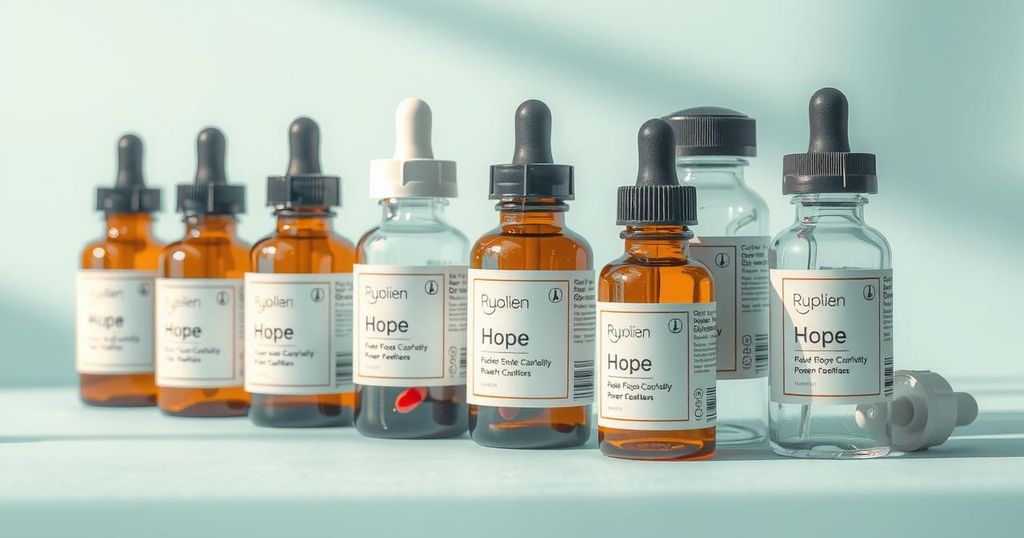Nigeria to Receive Vital Leprosy Drugs After Year of Scarcity

The World Health Organization announced that Nigeria will receive crucial leprosy medications after a year’s delay due to new regulations that hindered supply. Treatable through antibiotics, the absence of these drugs has worsened the health of many patients and increased transmission risks. Timely medication is critical as thousands await treatment, underscoring the need for effective public health policies.
Leprosy patients in Nigeria will soon receive essential medication after a year-long delay, as reported by the World Health Organization (WHO). Nigeria, experiencing over 2,000 new leprosy cases annually, previously faced shortages of these vital drugs due to new regulatory measures that unintentionally hindered supply. The WHO anticipates drug shipments from India will arrive on Sunday, aiming to alleviate the medical crisis.
Leprosy is a treatable disease using a combination of antibiotics, with treatment durations ranging from six to twelve months. Unfortunately, the long absence of drugs in Nigeria has forced hospitals to send patients home, increasing the risk of disease transmission due to untreated cases. This situation contributes to a growing public health challenge, confirming the necessity for swift action.
Dr. Samimu Msheliza, a public health expert with the Nigerian Leprosy Mission, emphasized the urgent need for medication, stating that thousands of newly diagnosed individuals are waiting for treatment. He remarked, “The quicker we have [the drugs], the better, because currently these people are suffering, their transmission is ongoing because they are not being treated.”
Reports indicate a stark decline in the health of patients who could not access treatment. A woman from Nasarawa state, Awwal Musa, expressed her worsening condition without medication: “Before last year, my wounds were getting healed but now they are getting worse. The pain is worse.” The irreversible nerve damage is a significant concern, underscoring the critical nature of timely treatment.
New regulations introduced by Nigeria’s drug authority aimed at combating counterfeit medications inadvertently impacted the availability of essential leprosy treatments. Although intended to ensure drug safety, these measures have paused the influx of crucial supplies, highlighting the need for a balance between safety and accessibility in healthcare.
In summary, Nigeria is poised to receive vital leprosy medication after a lengthy delay, addressing a significant public health issue. The WHO’s intervention and upcoming shipments from India aim to restore treatment access for patients, who have been disproportionately affected during the shortage. With new regulations in place, it is essential to ensure that safety measures do not compromise the availability of essential medications in the future.
Original Source: www.bbc.com







